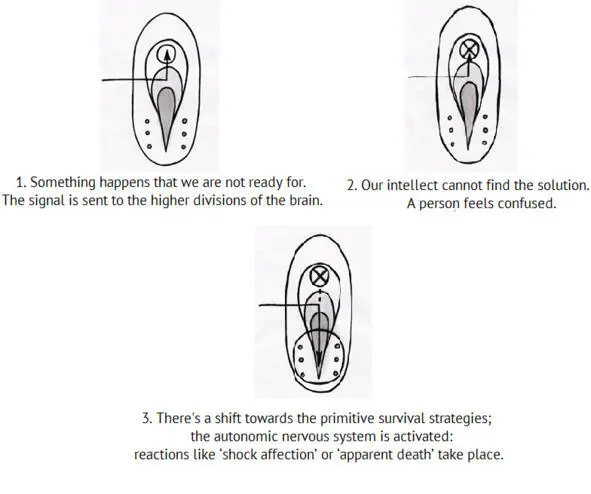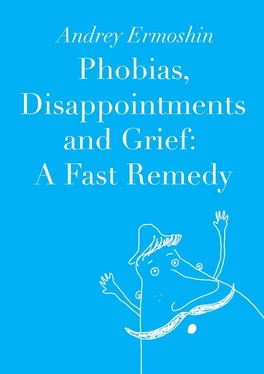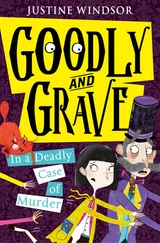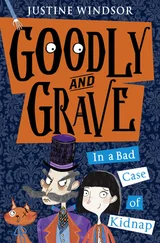It also happens in the cases when the control of the situation is lost due to intoxication. A typical example in such case would be alcoholic intoxication: functioning of the cortex is temporarily slowed down, and a person is overwhelmed with primitive emotions, with aggressive, sexual or other desires which he or she can hardly control. There’s a reason why people say “Wine is in, truth is out”. There’s a similar reaction when a person is under anaesthetic. As you can see, if our cortex analyser fails to complete the task, the amygdala (the brain’s alarm dispatcher) redirects the task to the more stress-resistant structures. Our “subcortex” and autonomous nervous system step in. In these cases, the following behaviours are activated:
a) Bursting with energy and fighting for life;
b) Running away;
c) Preserving energy, “going into the sleep mode”, hiding.
There are not many options to choose from. Something happens that we are not ready for. The signal is sent to the higher divisions of the brain. Our intellect cannot find the solution. A person feels confused.
There’s a shift towards the primitive survival strategies; the autonomic nervous system is activated: reactions like “shock affection” or “apparent death” take place.

Fig. 5.Signal routing when an emergency situation takes place.
Like a bee against the window
It is a good moment to remind you about the observation of Ernst Kretschmer (1888—1964), an outstanding German clinical therapist. In his work “Hysteria, Reflex, and Instinct” first published in 1923 Kretschmer describes the way a bird or a bee behaves when it accidentally flies into a room. In its striving towards light it becomes hectic: “The creature is flapping and fluttering, moving chaotically from side to side; these movements repeat as convulsions until it finds its way through the window to freedom. Then normal flying movements are immediately restored” (Kretschmer, 1996, p.15)
Kretschmer saw the analogy between the above-mentioned behaviour and the way people behave in extreme situations. Thus, during an earthquake the crowd typically behaves irrationally and chaotically. But even these chaotic movements can be life-saving.
Two soldiers in the command unit
Kretschmer also gives another very bright example: “Two soldiers are incapable of dealing with the horrors of war. The first would think about his neat handwriting, his technical skills, and connections at home; he would consider the pros and cons, make several clever steps and would finally find himself working in a quiet office. The other is found in the trenches after heavy artillery shelling; his eyes are shifty. He is taken away, he begins to shiver, then he is taken to the psych ward and after that he is sent to work the garrison service where he meets the other soldier in the quiet office busy writing.
There are two ways: one is exclusively typical for human beings only, while the other is an exemplary biological reaction which the whole animal sequence goes through: from unicellular creatures to a human being. (Ibid., 14—15). Then Kretschmer draws the following conclusion:
“A movement storm is a typical reaction of living bodies to life-endangering situations. A movement storm is self-help of relative biological use”
(Ibid.)
It is quite interesting when this reaction is compared to the behaviour of children; he notes that as a reaction to unpleasant situations there’s screaming, pushing and lashing out instead of adults” balanced words and movements (Ibid., p.17). More than that, he also points out the fact that adult people manifest the tendency to approach a new situation with a calculated action, and only in some extreme situations an adult would react with a “movement storm” (Ibid., p.16).
Freezing
Kretschmer reminds us about another widespread response to danger which is typical for many living beings, which is: “apparent death”. Some kinds of fish are capable of “freezing” up to 15 minutes and sometimes even longer while lying on one side. This is a defence mechanism which helps the animal hide from and look unattractive to the predator.
According to Kretschmer, such responses are “something frozen, as a formula, squeezed into the fixed template without any flexibility in each particular case” (Ibid.)
Psychological emergency mechanisms
A driver uses the steering wheel, brake and gas in order to adapt to the motion of his or her car to the situation on the road and get to the destination successfully. This is how our rational mind helps us adapt to new situations and overcomes challenges in the course of our lives. This is an adaptation of repeated use,which is activated in normal conditions.
However, there’s also an airbag installed in the car. It is activated in case of an accident and does not require a driver’s specific actions. This is how our bodily mind or our autonomic nervous system reacts to the situations which our body identifies as “an emergency”. When our latest “instrument” doesn’t respond, the primitive one steps in, and in this case we are talking about a single-useescape plan with a limited number of strategies (attack, escape or hide), as we have already noted earlier.
Once having been put into use, an airbag will require a replacement because it just won’t return back to where it was before. The psychological emergency mechanisms work similarly: once activated, they have a tendency to repeat non-stop. Time doesn’t really heal anything in this case. Such conditions become chronic or, as psychiatrists say, “processual”. Thus one would need to take conscious action in order to turn these mechanisms off and bring the body back to normal functioning.
And now let’s have a look at what a person feels when he or she is going through this. This is very important because the key to cure phobias and other psychotraumas is all about addressing one’s feelings.
Out of the blue: how one perceives a danger alert
When describing an episode that led to a disorder, many describe it as “something that hit me mildly on the head”, “it’s like hot water was poured on me” or “like something went through my body”. Shocking information is perceived as something appearing “out of the blue”.
However unusual and even sometimes strange these descriptions may be, they all share the same features. Hundreds of people whom I have worked with in the course of my research claim that at the moment when they got scared, they felt like their bodies swallowed something which has been poisoning their lives ever since. There’s a feeling that this substance moved down to their stomach where one starts feeling an unpleasant sensation whenever the terrible situation which caused this is merely mentioned. In some particularly difficult cases this substance is clearly associated with a poison that infects every cell of the body.
There’s an expression “my heart leaps into my boots” where “heart” is actually your vital energy which moves down to your stomach when you feel frightened. As a result, the top of your head and the surface of your body feel cold. A rapid transfer of energy from the periphery to the centre is taking place.
Vacuum unit
Imagine a vacuum tank that suddenly depressurises. Everything that is around is sucked into it. If this machine was close to the gold bearing river full of golden nuggets, it would suck in all that too, including the sand, and the pebbles. Something similar happens to a person at the moment of confusion: interior space of the body drags down information, including everything that seems to be terrifying.
Читать дальше













